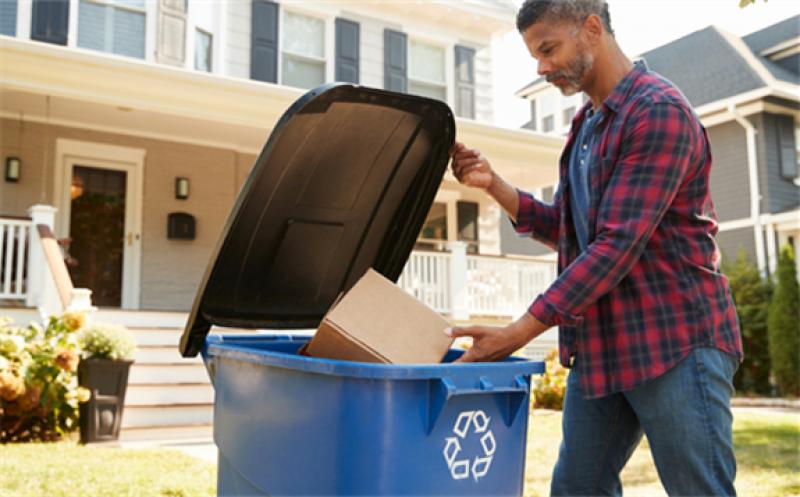
Almost three quarters of European consumers are willing to accept slower economic growth if it means action to protect the environment is accelerated, according to a major survey of Europe, the US and Australian consumers released today by Dutch bank ING.
The survey, by pollsters at Ipsos, asked over 15,000 people in fifteen countries about their attitudes to sustainability. In total 74 per cent of European respondents would accept slower growth for more environmental action, 60 per cent of US respondents and 65 per cent of Australians.
In the UK, 71 per cent of people said protecting the environment should be a priority even if it slows growth.
Consumers increasingly expect business to lead from the front on these issues, the survey revealed. Some 64 per cent of respondents in Europe said companies not taking action to curb their environmental impact would experience consumer backlash. This was higher than in the US or Australia, which polled 53 per cent and 60 per cent respectively.
The survey showed many consumers want to do more to reduce their environmental impact, including by repairing and reusing more goods. Across Europe, 60 per cent said they planned to repair products when they break instead of throwing them away in the future. However, in general people said they were only willing to repair an item when it cost less than 30 per cent of a replacement.
In particular, plastic waste emerged as a major source of concern for UK consumers, with 39 per cent naming it as the most important environmental challenge, compared to 34 per cent who said climate change. Yet 94 per cent said they threw plastic away daily.
"While it's clear that awareness of environmental challenges is high, this has not yet been met with a corresponding level of behavioural change," said Jessica Exton, behavioural scientist at ING. "Consumers are conscious of the urgency of the problem at hand, but our survey results suggest that awareness and information doesn't automatically translate into changed habits or behaviours."
The survey results indicate a recognition that initiatives from businesses and broader structural change are needed if individual efforts are to have a coordinated impact. For example, 65 per cent of UK respondents said that supermarkets should not provide any single use plastic packaging or plastic bags.
But despite business efforts to champion their sustainability credentials, less than a third of UK respondents could name a company that has changed how it operates to reuse and repair its products.